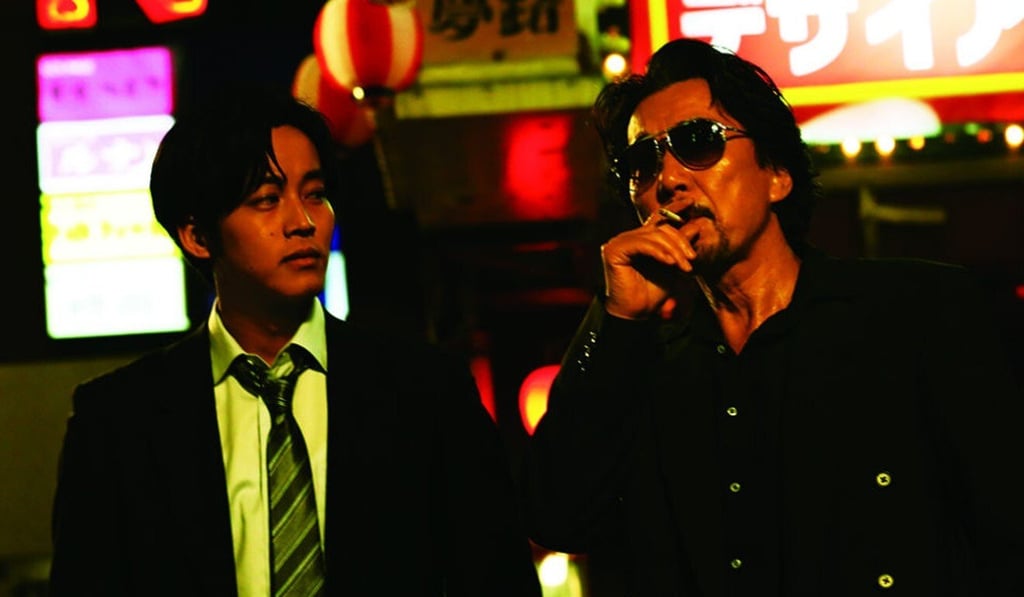Memoirs of a Geisha star on Japanese cinema’s decline, and the rise of Chinese film industry
- Koji Yakusho, 63, talks about his most memorable roles, from Shall We Dance? to Babel, his part in The Blood of Wolves, and the upcoming Wings Over Everest
- Recent life achievement awards, such as on at the recent Asian Film Awards, make him feel old, and ready to give back to cinema, which brought him so much

Koji Yakusho is at a stage in his career where he has been regularly picking up honorary achievement awards, and the Japanese actor is amused.
“I’m really honoured to receive this latest award,” he says, after a chuckle, of the Excellence in Asian Cinema Award he received at last month’s Asian Film Awards ceremony in Hong Kong, at which he was also named best actor for his role in the crime thriller The Blood of Wolves.
“It makes me think that good things tend to happen after you’ve done something for a very long time. And it also makes me feel like I’m getting old.”
Yakusho, 63, has appeared in high-profile international productions – Memoirs of a Geisha (2005) and Babel (2006) – and a litany of modern Japanese cinema classics. His most acclaimed films in recent years include 13 Assassins (2010), Chronicle of My Mother (2011) and The Third Murder (2017).

One of his most remarkable spells as an actor, in 1996 and ’97, saw him appear in the national phenomenon Shall We Dance?, controversial blockbuster Lost Paradise, cult crime mystery Cure and Cannes Film Festival Palme d’Or Winner The Eel in quick succession.